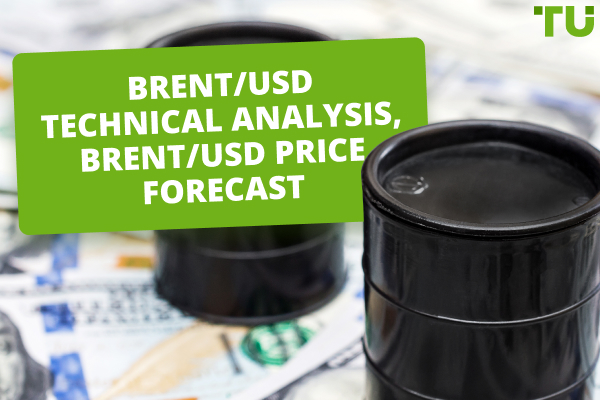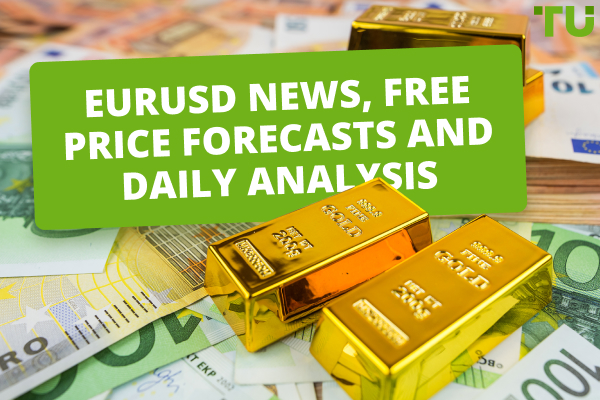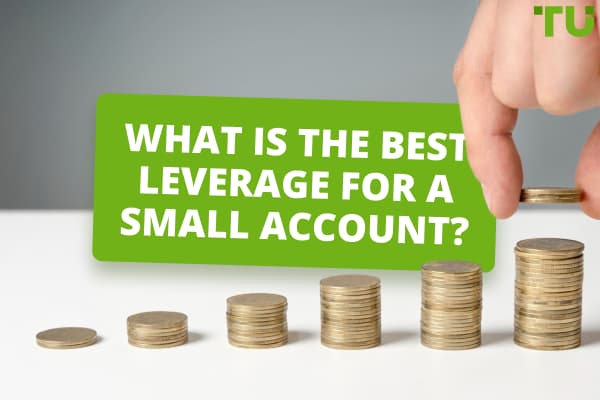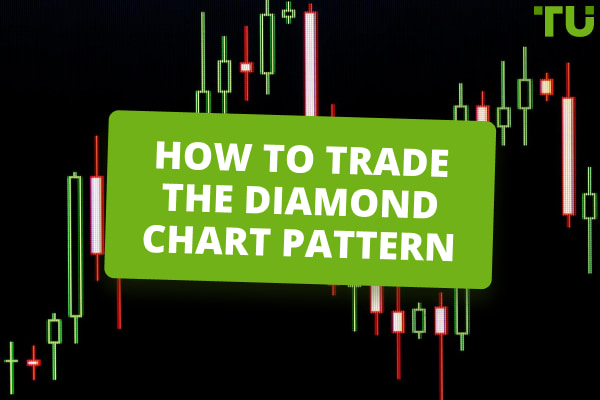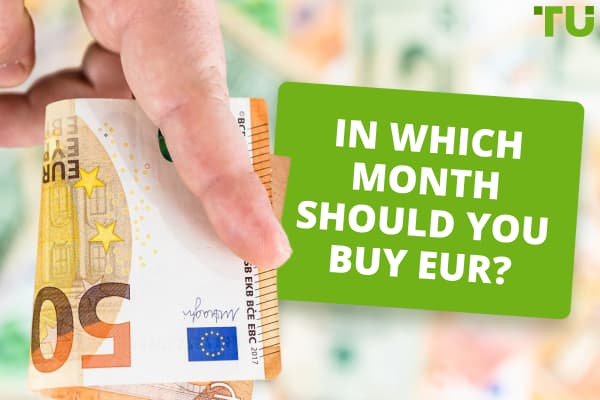How do You Use Your Broker Identification Number?
An ethical, experienced, and competent broker is necessary for investment success. Broker identification codes empower traders to research brokers before entrusting capital to them. This article explains the broker's identification numbers and how traders can utilize them to protect their interests.
Selecting the appropriate Broker for your investments is an important decision. It's crucial to conduct thorough research on potential brokers before entrusting them with your finances. A key element of this diligence is understanding and utilizing the broker identification number. This article explains the broker's identification number and how it can aid traders in making more informed choices.
-
What is the broker code?
There are two main broker identification numbers: CRD and Unique Identifier (UID). The CRD number verifies a broker's registration status and background. The UID tracks investment accounts across platforms.
-
What Is a Broker CRD Number?
The CRD number (Central Registration Depository) is a unique ID for brokers and brokerage firms registered in the US. It allows checking a broker's legitimacy, background, and transaction history.
-
What Is a Unique Investment Identifier (UID)?
Assigned by the DTCC, the UID identifies specific investment accounts as they move between custodians and brokers. It enables consolidated reporting, simplifies transfers and fiscal control.
-
How do I find a broker code?
Broker codes can be found via FINRA BrokerCheck, broker websites, account statements, or other investment documents containing their CRD and/or UID numbers.
What is a Broker Identification Number (Code)?
Broker identification encompasses two primary numeric codes:
-
CRD Number
-
Unique Investment Identifier (UID)
CRD Number
The Central Registration Depository (CRD) number, also called the Broker Identification Number (BIN), serves as the official registration ID for brokers in the US. Assigned by FINRA. It helps you in:
-
Verifying the legitimacy and licensure status of brokers and firms.
-
Accessing background check data like employment history and disciplinary records.
-
Tracking a broker's involvement across financial transactions.
UID
The Unique Investment Identifier (UID) serves a distinct purpose from the CRD number. It revolves around the tracking and transfers of investment accounts rather than brokers. UID helps you with the following:
-
Streamlines transfer: The UID smoothens asset transfer between brokers and custodians. The receiving party can instantly identify the incoming account.
-
Consolidated reporting: traders with accounts at multiple brokers can use the UID to aggregate data and analyze their portfolios holistically.
-
Dispute resolution: Whether due to unauthorized trades, incorrect valuations, or other issues, the UID acts as an exact account identifier during disputes for faster resolution.
Best Forex brokers in 2024



How can a trader use a Broker Identification Number (Code)?
There are many things a trader can uncover with the CRD and UID broker identification codes:
Using FINRA BrokerCheck
FINRA BrokerCheck allows traders to search for brokers and firms using names or the CRD number.
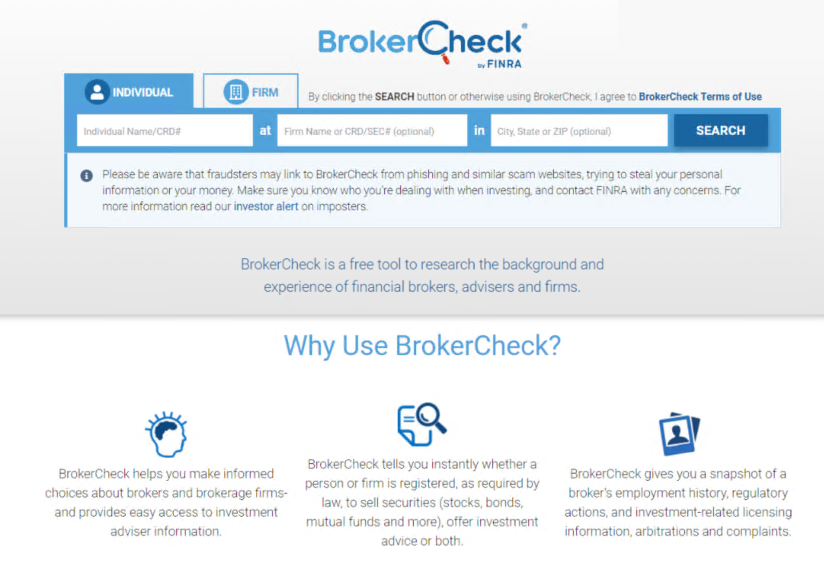
Using FINRA BrokerCheck
FINRA is a self-regulatory organization that acts as a watchdog for the financial industry. Registration of a broker with FINRA is necessary as a guarantee of legality of activity and responsibility for any actions that may harm investors or the financial system as a whole.
It provides free public access to background information, including:
-
Registration and employment history.
-
Exams passed, licenses held.
-
Disciplinary events, criminal records.
-
Civil judgments, arbitration awards.
-
SEC disciplinary actions
If you don’t have the broker’s CRD number. You can also find the CRD number:
-
Go to the BrokerCheck website.
-
Enter the name of the individual broker or firm.
-
Review the full report containing the CRD number.
The CRD number can be used to pull their background data for future searches.
Checking the Broker's Website
Reputable brokers display their CRD number prominently on their website, often in the footer menu or under an "About Us" section. Traders can search the broker's website and collect the posted CRD number for due diligence.
However, some brokers may not readily publish their CRD on their website, so cross-verification on BrokerCheck is recommended.
Verify Registration Status
The CRD number can be entered into FINRA BrokerCheck to instantly verify if the broker is duly registered and authorized to conduct business in the jurisdiction.
An "Approved" status confirms legitimacy, while a revoked, suspended, or unauthorized record warrants caution.
Check Employment History
The detailed employment history unlocked by the CRD number provides critical insight into a broker's specific qualifications, experience, and specializations based on past roles.
It also reveals potential red flags like frequent job-hopping and short stints.
Review Licenses and Credentials
Traders should verify that the broker holds active, valid licenses like Series 7, Series 63, Series 65, etc., aligning with the products offered.
Other credentials like CFP, CFA, and CPA signal specialized skills and continuing education. Suspended or lapsed qualifications necessitate further scrutiny.
Contact Former Employers
The CRD number provides visibility into the broker's employment history. Traders can directly contact previous managers to gather candid insights into the broker's performance, skills, professionalism, and suitability for the job.
If you are interested in Broker Identification Number, it may mean that it is important for you to work with a reliable broker. Here is a ranking of trusted brokers that can help you: Most Trusted Forex Brokers in the World
Conclusion
The Broker Identification Number is not just a regulatory requirement; it's a cornerstone of ethical financial practices. It ensures that traders can go through the professional history of their financial advisors, fostering an environment of transparency and trust.
Glossary for novice traders
-
1
Broker
A broker is a legal entity or individual that performs as an intermediary when making trades in the financial markets. Private investors cannot trade without a broker, since only brokers can execute trades on the exchanges.
-
2
Trading
Trading involves the act of buying and selling financial assets like stocks, currencies, or commodities with the intention of profiting from market price fluctuations. Traders employ various strategies, analysis techniques, and risk management practices to make informed decisions and optimize their chances of success in the financial markets.
-
3
CFD
CFD is a contract between an investor/trader and seller that demonstrates that the trader will need to pay the price difference between the current value of the asset and its value at the time of contract to the seller.
-
4
BaFin
BaFin is the Federal Financial Supervisory Authority of Germany. Along with the German Federal Bank and the Ministry of Finance, this government regulator ensures that licensees abide by eurozone laws.
-
5
Index
Index in trading is the measure of the performance of a group of stocks, which can include the assets and securities in it.
Team that worked on the article
Upendra Goswami is a full-time digital content creator, marketer, and active investor. As a creator, he loves writing about online trading, blockchain, cryptocurrency, and stock trading.
Dr. BJ Johnson is a PhD in English Language and an editor with over 15 years of experience. He earned his degree in English Language in the U.S and the UK. In 2020, Dr. Johnson joined the Traders Union team. Since then, he has created over 100 exclusive articles and edited over 300 articles of other authors.
Mirjan Hipolito is a journalist and news editor at Traders Union. She is an expert crypto writer with five years of experience in the financial markets. Her specialties are daily market news, price predictions, and Initial Coin Offerings (ICO).


